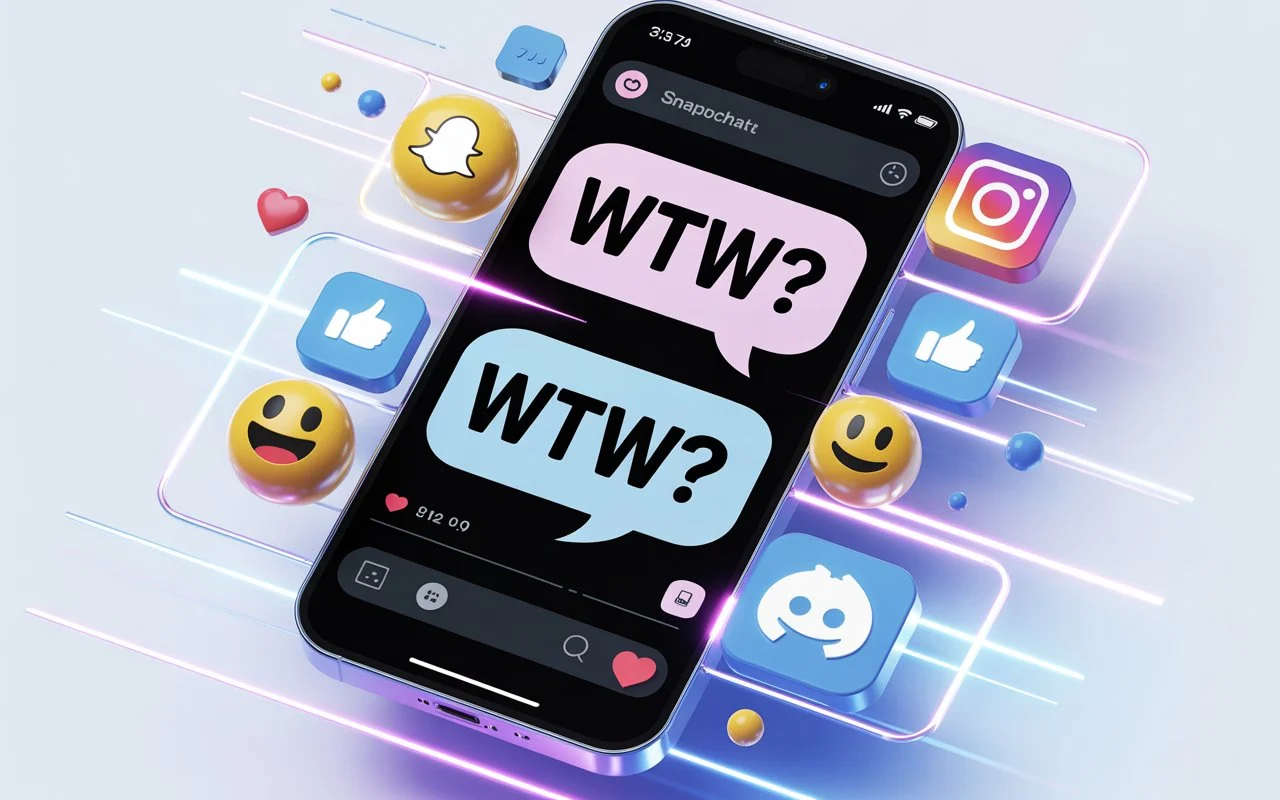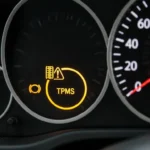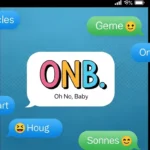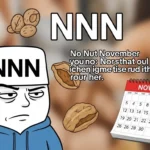If you’ve ever been texting, messaging on social media, or browsing online forums, you may have noticed the acronym “WTW” and wondered, what does WTW mean?
Many people search for this term because it appears frequently in casual conversations, dating apps, and gaming chats, and its meaning is context-dependent.
WTW is a shorthand that allows people to communicate quickly, casually, and efficiently, especially in platforms where typing long phrases is inconvenient.
Understanding WTW helps you engage confidently in conversations, avoid misunderstandings, and participate in online communities with ease.
Quick Reply:
WTW typically stands for “What’s the word?” or “What’s up?” depending on context. It’s a casual way to start a conversation, check in with someone, or ask for updates.
In this comprehensive guide, we will explore all meanings of WTW, its origins, usage across different platforms, common misconceptions, similar terms, and tips on responding appropriately in conversations.
Meaning & Definition of WTW
The meaning of WTW largely depends on the context in which it is used. Here are the primary interpretations:
- Casual Conversation / Chat: Often interpreted as “What’s the word?”, a friendly way to ask about current events, updates, or happenings.
- Text Messaging / Social Media: Frequently shorthand for “What’s up?”, a greeting or conversation starter.
- Gaming & Forums: Occasionally used as an abbreviation for events, missions, or challenges, depending on the community or game.
Examples of WTW in Use
| Context | Example | Meaning |
| Text / Chat | “Hey! WTW today?” | “What’s the word today?” (asking what’s happening) |
| Social Media | “WTW? Haven’t heard from you in a while.” | “What’s up?” (friendly check-in) |
| Gaming / Forum | “The WTW event starts at 8 PM!” | Name of an event or activity, context-specific |
Origins & Background of WTW
- Texting Abbreviations: WTW is part of the broader trend of texting shorthand that emerged in the early 2000s, when people began shortening phrases to save time while typing on mobile devices.
- Colloquial English: The phrase “word” has long been used in English slang to mean news, happenings, or updates. “WTW” evolved naturally as a shorthand for “What’s the word?”
- Social Media Popularity: WTW gained traction on platforms like Snapchat, Instagram, Discord, and Twitter, particularly among teenagers and young adults seeking quick and casual communication.
- Gaming & Forum Adaptations: In some online communities, WTW also became associated with weekly challenges, events, or project names, where participants understood the meaning from context.
By understanding its origin, it becomes clear why WTW is informal, context-dependent, and widely recognized among digital natives.
Usage in Different Contexts
1. Text Messaging & Chat Apps
- In personal messaging, WTW is commonly used to ask what’s going on or what’s new.
- Examples:
- Friend A: “WTW tonight?”
- Friend B: “Just chilling at home, you?”
- Friend A: “WTW tonight?”
- WTW serves as a friendly conversation starter, often prompting casual updates or small talk.
2. Social Media Platforms
- On platforms like Instagram and Snapchat, WTW is used in posts, captions, or comments to check in with friends or followers.
- Example:
- “WTW everyone? Who’s online?”
- “WTW everyone? Who’s online?”
- Social media posts may include emojis, GIFs, or stickers to make the greeting more engaging and expressive.
3. Gaming Communities & Online Forums
- In gaming or online communities, WTW may refer to weekly events, missions, or community challenges.
- Example:
- “Don’t forget the WTW event starts at 8 PM — join now!”
- “Don’t forget the WTW event starts at 8 PM — join now!”
- In these settings, WTW is context-specific, and participants usually understand its meaning based on the game or forum rules.
4. Professional or Team Communication
- Although rare, WTW can appear in work-related chats or project management platforms as shorthand for updates or project status inquiries.
- Example:
- “WTW for the project deliverables?”
- Here, WTW effectively asks, “What’s the latest update?”
- “WTW for the project deliverables?”
Common Misconceptions About WTW
| Misconception | Reality |
| WTW is only used in texting | ❌ It’s also common in social media, forums, and gaming chats |
| WTW always means “What’s up?” | ❌ It can also mean “What’s the word?” depending on context |
| WTW is formal language | ❌ WTW is informal, casual slang |
| WTW has a universal meaning | ❌ Its interpretation depends on platform, audience, and conversation |
By keeping context in mind, you can accurately interpret WTW and avoid misunderstandings.
Similar Terms & Alternatives
| Term | Meaning | Usage |
| WBU | “What about you?” | Follow-up after WTW in conversation |
| HBU | “How about you?” | Similar to WBU, casual chat |
| Sup | “What’s up?” | Friendly greeting, widely used |
| Yo | Greeting | Informal, attention-grabbing |
| WYM | “What you mean?” | Used to clarify statements in conversation |
Tip: Alternatives depend on tone, audience, and platform. For casual chats, WTW is interchangeable with “Sup?” or “What’s up?”, but context should guide usage.
How to Respond to WTW
- Casual Reply: Answer with what you’re currently doing.
- Example: “WTW? Just working on a project.”
- Example: “WTW? Just working on a project.”
- Friendly / Playful Reply: Use humor, emojis, or GIFs.
- Example: “WTW? Me? Just saving the world 😎”
- Example: “WTW? Me? Just saving the world 😎”
- Event / Gaming Reply: Respond with context-specific information.
- Example: “The WTW event starts in 10 minutes — ready to join?”
- Example: “The WTW event starts in 10 minutes — ready to join?”
Proper responses ensure conversations remain fluid, engaging, and context-appropriate.
Differences from Related Acronyms
| Term | Meaning | Notes |
| WTW | “What’s the word?” / “What’s up?” | Context-dependent, conversation starter |
| WBU | “What about you?” | Follows up on previous statement |
| HBU | “How about you?” | Similar to WBU, casual |
| Sup | “What’s up?” | Informal greeting |
| Yo | Greeting | Very casual, attention-grabbing |
WTW differs because it can start a conversation, check in, or ask for updates, whereas similar acronyms mostly follow up or clarify.
Relevance in Online Conversations & Dating Apps
- On messaging apps, WTW is commonly used to reconnect with friends, check in on someone, or start a conversation.
- On dating platforms, WTW serves as a casual icebreaker, inviting responses without pressure.
- Its informal tone makes it suitable for platforms like Snapchat, Instagram, and TikTok, especially among younger users.
- Knowing the meaning allows users to respond confidently, maintain smooth conversations, and engage effectively.
FAQs About WTW
Q1. What does WTW mean in texting?
WTW typically means “What’s the word?” or “What’s up?”, depending on context.
Q2. Can WTW be used on social media?
Yes, WTW appears frequently in Instagram captions, Snapchat stories, TikTok comments, and Twitter posts.
Q3. Is WTW formal or informal?
WTW is informal slang, used primarily in casual conversations.
Q4. How should I respond to WTW?
- Casual: Describe what you’re doing.
- Playful: Use humor or emojis.
- Event-specific: Give context-based information.
Q5. Does WTW have other meanings?
Occasionally, WTW can appear in gaming communities or professional chats, referring to events, updates, or project-related activities.
Also See: What Does Queer Mean? Modern Meaning, Usage & Identity Guide
Conclusion
WTW is a flexible, informal acronym widely used in texting, social media, online communities, and gaming chats. Its primary meanings, “What’s the word?” and “What’s up?”, make it a simple and effective way to start conversations, check in with others, or ask for updates.
By understanding WTW, you can communicate clearly, respond appropriately, and engage confidently in both casual chats and online platforms.
If used in personal messaging, social media, or gaming forums, WTW is a handy shorthand that keeps digital conversations quick and friendly.
Next time someone sends WTW, you’ll know instantly whether they are asking what’s happening, checking in, or inviting you to an event.











